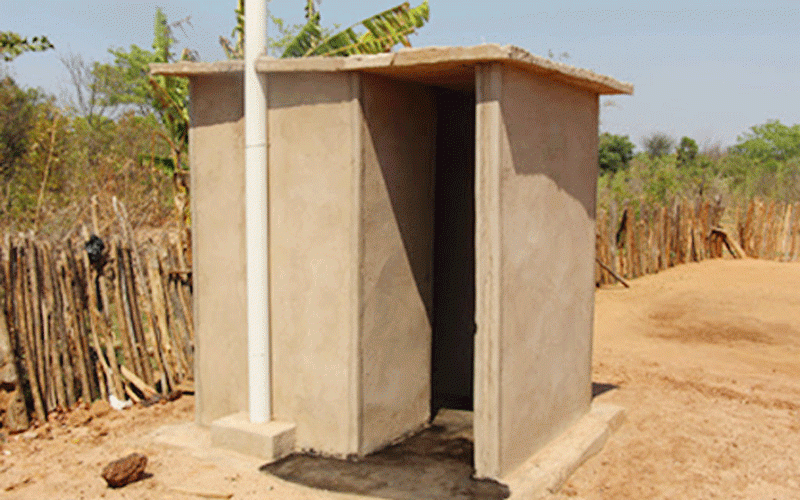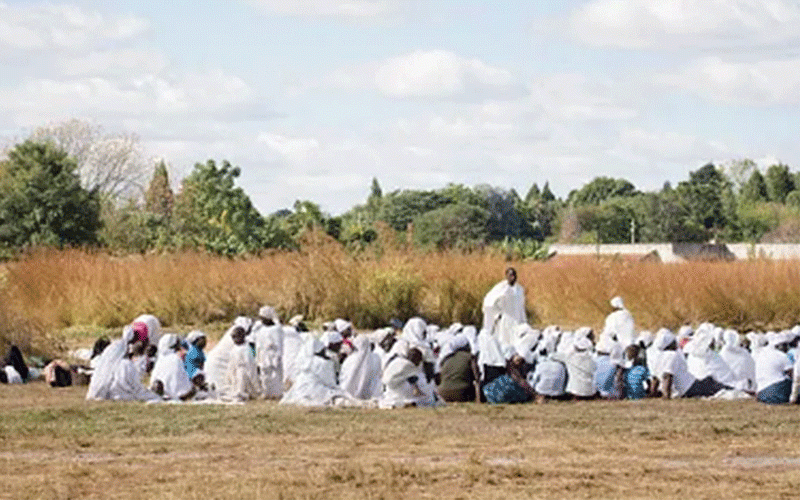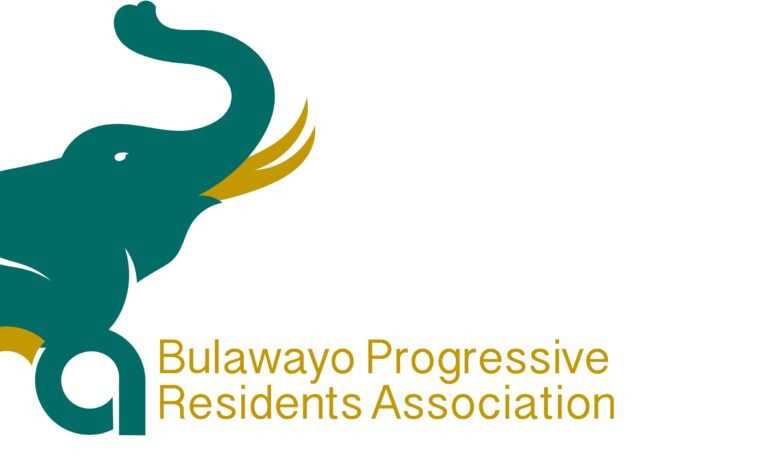
While many people take toilets for granted, it is not the case for Bahle Makhalima from Zenka in Nkayi, Matabeleland North, who for the past 30 years has been using the thorny bushes near her homestead as a toilet.
Makhalima was one of the several villagers that had no access to toilet facilities, and were forced to relieve themselves in the open.
Each journey to the bush, especially during the night, was fraught with the risks of encountering wild animals, inclement weather, and the ever-present fear of assault.
This routine was not just a personal burden, but also a significant concern for her safety and dignity as well as that of her daughters.
However, open toilets are now a thing of the past for Makhalima and fellow villagers following the intervention of Amalima Loko, under a five-year programme funded by USAid.
Implemented by CNFA, Amalima Loko follows in the footsteps of its predecessor Amalima, a seven-year programme that successfully enhanced food security and nutrition for vulnerable households in Zimbabwe.
“We took pride in going to the bush,” Makhalima said.
“As women here, we lacked knowledge on the importance of having a toilet at home.
- Matabeleland revels in self-initiated projects
- Clinic upgrade boon for Nkayi expectant mothers
- Nkayi villagers get toilets in drive to end open defecation
- Mat North youths get technical skills training
Keep Reading
“We didn’t see it worthy to have a toilet at home as we faced a challenge where most of our husbands preferred to invest money in buying cattle over building a toilet.”
She said the project, where Amalima is building pit latrines for the villagers, has significantly reduced incidents of gender-based violence in many households where women clashed with their husbands over the need to build a toilet.
“In some homes, the husband and women fight over the issue of building a toilet,” she said.
“They (husbands) said they would rather buy a donkey, cow or goat.
“This really caused gender based violence because they won’t be in agreement.
“But now, this program has really educated us, including our husbands.
“They are now at the forefront in leading us to building toilets and keeping them clean.”
Another villager, Precious Mloyi, said a number of villagers in their ward now have blair toilets, thanks to the intervention of Amalima.
“We appreciate what Amalima Loko has done,” Mloyi said.
“We have 106 homesteads and we now have 32 homes with toilets.
“We see this has brought a change in the area and by the time this program ends, the whole area will be now having toilets in their homes.”
Another villager, Gogo MaGatsheni, said the project had provided the much-needed relief for the communities.
Nkayi district development coordinator Matilda Mlotshwa said the government wanted the country to achieve the open defecation-free status by the end of 2025.
“These (water, sanitation and hygiene (Wash) improvements, along with the dedication of healthcare workers, have contributed to a healthier community and a reduction in open defecation,” Mlotshwa,” she said.
“We thank you, Amalima Loko, and we look forward to future initiatives that will encourage positive social behavioural change within our communities.”
Amalima Loko deputy chief of party, Mary-Jane Ncube said their approach seeks to identify challenges communities face.
“This collaborative inclusive process fosters social cohesion and motivation while mobilising and building the capacity of community action groups to identify and act on their development priorities,” Ncube said.
“Communities articulate their visions into village action plans which collectively inform ward level development planning for the next several years and provide direction for Amalima Loko interventions.”










